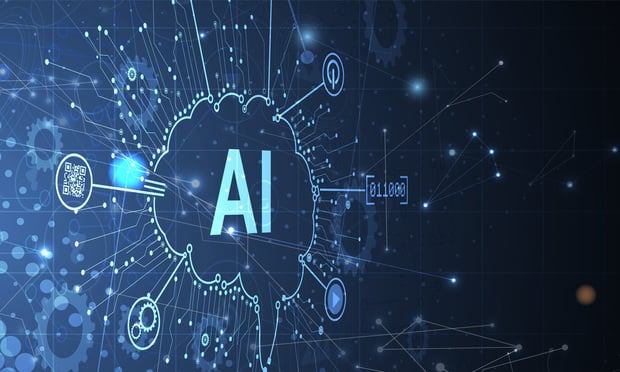Law.com Subscribers SAVE 30%
Call 855-808-4530 or email [email protected] to receive your discount on a new subscription.
Appellate Review of a Bankruptcy Court's Preliminary Injunction
Should a bankruptcy court's preliminary injunction be subject to appellate review? Taking the negative position, the U.S. District Court for the Eastern District of New York recently held that it had the "discretion … to decline to hear" an appeal from a bankruptcy court's preliminary injunction. Navient Solutions, LLC et al. v. Homaidan et al., 2022 WL 17252459, *4 (E.D.N.Y. Nov. 28, 2022), quoting In re Kassover, 343 F.3d 91, 95 (2d Cir. 2003) (Note: The author succeeded in losing the appeal in Kassover.) The court's unremarkable findings purported to support its position: a) the preliminary injunction was not a final order; b) leave to appeal was not warranted; and c) the appellant failed to show why the "extraordinary remedy" of mandamus was warranted. But the court conceded that district courts are split on the important issue of whether bankruptcy court preliminary injunctions, admittedly interlocutory, are appealable to the district court as of right under 28 U.S.C §1292(a)(1) (courts of appeals have jurisdiction, and appellate review exists as of right over "interlocutory orders … granting [or] refusing … injunctions"). In the court's view, 28 U.S.C. §158(a)(1) required the court to review only "final" orders and "does not mention preliminary injunctions." Id. at *2. Besides, said the court, the bankruptcy court will eventually "revisit the merits and appropriate parameters of the Preliminary Injunction." Id. at *3.
A bankruptcy court preliminary injunction should be reviewable as of right because of Supreme Court precedent, the rulings of other courts and common sense. Sound policy reasons also require appellate review, as explained below, because federal courts have a duty to decide cases. A district court's use of procedural facades to avoid making a decision should not be an option for an Article III court when a preliminary injunction is appealed from a non-Article III bankruptcy court.
This premium content is locked for Entertainment Law & Finance subscribers only
ENJOY UNLIMITED ACCESS TO THE SINGLE SOURCE OF OBJECTIVE LEGAL ANALYSIS, PRACTICAL INSIGHTS, AND NEWS IN ENTERTAINMENT LAW.
- Stay current on the latest information, rulings, regulations, and trends
- Includes practical, must-have information on copyrights, royalties, AI, and more
- Tap into expert guidance from top entertainment lawyers and experts
Already a have an account? Sign In Now Log In Now
For enterprise-wide or corporate acess, please contact Customer Service at [email protected] or 877-256-2473

New York's Latest Cybersecurity Commitment
On Aug. 9, 2023, Gov. Kathy Hochul introduced New York's inaugural comprehensive cybersecurity strategy. In sum, the plan aims to update government networks, bolster county-level digital defenses, and regulate critical infrastructure.

Law Firms are Reducing Redundant Real Estate by Bringing Support Services Back to the Office
A trend analysis of the benefits and challenges of bringing back administrative, word processing and billing services to law offices.

How AI Has Affected PR
When we consider how the use of AI affects legal PR and communications, we have to look at it as an industrywide global phenomenon. A recent online conference provided an overview of the latest AI trends in public relations, and specifically, the impact of AI on communications. Here are some of the key points and takeaways from several of the speakers, who provided current best practices, tips, concerns and case studies.

The DOJ's Corporate Enforcement Policy: One Year Later
The DOJ's Criminal Division issued three declinations since the issuance of the revised CEP a year ago. Review of these cases gives insight into DOJ's implementation of the new policy in practice.


